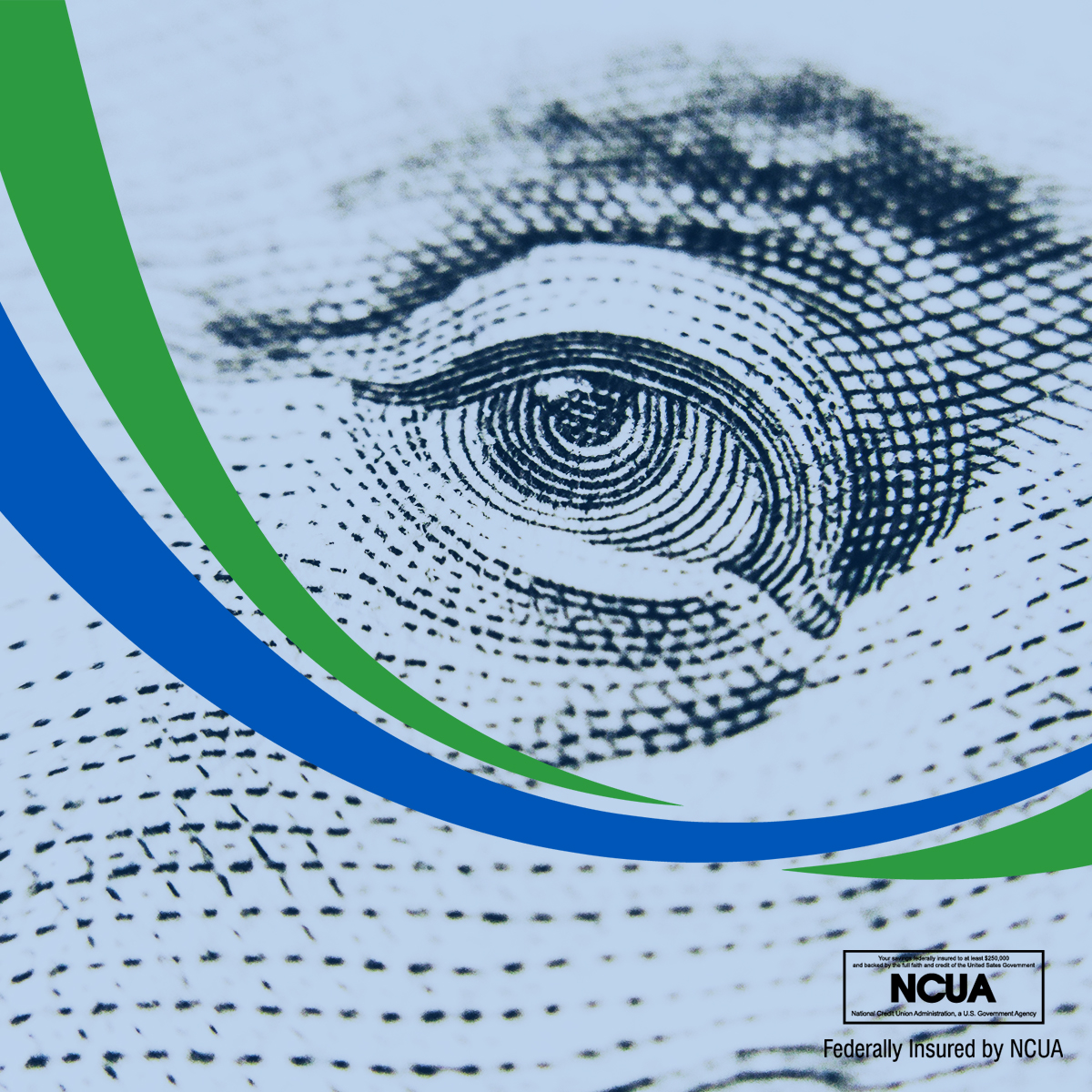People you do business with may know your credit score. Do you? Creditors and insurance agencies often check your credit score numbers upon beginning a relationship with you. They also periodically check the scores to see if other products might suit your needs or just to ensure you’re still in good standing credit wise. Knowing where you stand is important for you too.
There are three major credit bureaus: TransUnion, Equifax, and Experian. Information is submitted to each individual bureau separately, so your credit report and credit score for each could vary. Because of this, it’s important to check your score for each.
By law, consumers have a right to know what’s on their credit report, and they are entitled to one free report each year. The report can be obtained through the credit bureau websites or by mailed request. Alternatively, the site Annual Credit Report offers a free report from each credit reporting agency once per year. For a fee, consumers can also order their score directly from the credit reporting agencies.
Range of Credit Score Numbers
A credit score can range from approximately 300 to 850. A higher score gives lenders and businesses confidence in your ability to make timely payments or maintain agreements. A lower score indicates a lack of credit or worse – a poor payment history.
Here’s how credit score numbers break down:
- 300 – 549 is considered “bad” credit. Consumers with a score in this range will find it difficult to obtain financing and may pay higher rates on insurances and utilities. In addition, a score lower than 549 could make it difficult to obtain a lease.
- 550 – 649 is considered “poor” credit. In this range, consumers may qualify for secured cards or be able to secure financing for small amounts. Interest rates on financing may be higher. With a poor credit score, it’s possible that insurance rates may also be higher.
- 649 – 699 is considered “fair” credit. Consumers with a fair credit score may qualify for certain mortgages and can often obtain financing on automobiles or credit cards; however, they will still pay higher interest rates.
- 700 – 749 is considered “good” credit. With a score in this range, consumers will enjoy more favorable financing terms, easier qualification for loans and mortgages, and ideal rates on insurance premiums.
- 750 and higher is considered “excellent” credit. Consumers with credit scores above 750 will have access to the best rates for financingand credit cards. They’ll pay significantly less with better overall terms.
You’re Much More than a Number
While your score is an important factor, it isn’t the only one. Lenders often use additional data and criteria to make decisions on lending.
Contact us to learn more about options available through our Georgia Heritage Federal Credit Union, or step into one of our credit union branches in the Savannah Metropolitan Area.




